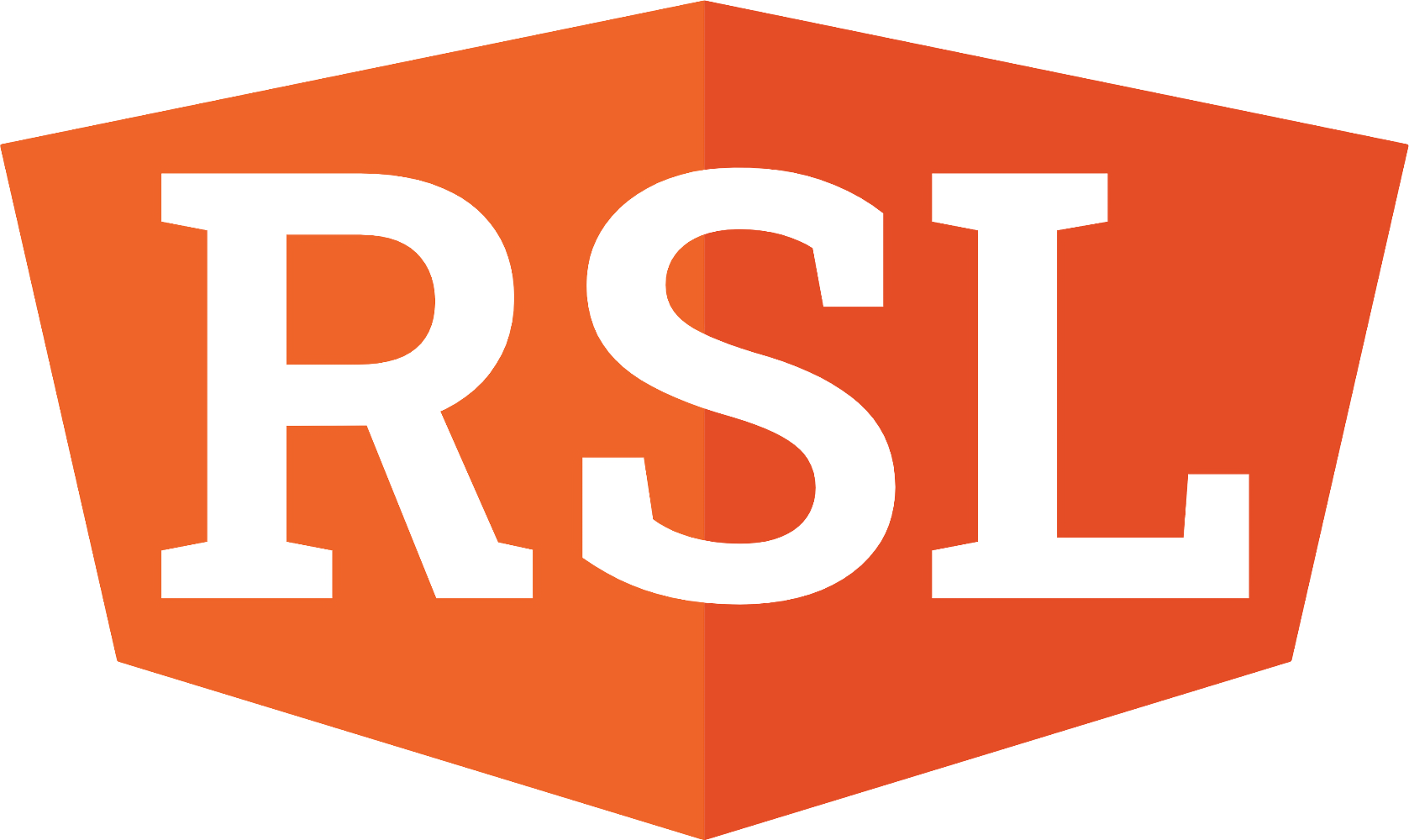What is RSL?
Really Simple Licensing (RSL) is an evolution of the early ideas behind the widely adopted RSS standard, which provided a machine-readable framework for publishers to syndicate content to third-party clients and crawlers in exchange for traffic.
The RSL standard extends and generalizes these concepts to include explicit licensing terms, enabling publishers to define machine-readable compensation and usage conditions for crawling and processing their content. The RSL Technical Steering Committee leads the evolution of RSL in collaboration with internet publishers, technology companies, industry associations, and other stakeholders.
Use Cases
RSL is an open, XML-based document format for defining machine-readable licensing terms for digital assets, including web pages, books, videos, images, and proprietary datasets. It enables publishers, authors, and AI application developers to:
Define licensing and compensation terms, including free, pay-per-crawl, and pay-per-inference, to use digital assets for AI training, web search, and other applications through the RSL license format
Enable clients to automate licensing and payment for access to digital assets through the RSL Open License Protocol (OLP)
Block unauthorized web crawlers and AI agents from accessing web content through the RSL Crawler Authorization Protocol (CAP)
Securely license nonpublic content including books, videos, and datasets through the RSL Encrypted Media Standard (EMS) files
Create public, standardized catalogs and licensing terms for digital assets through RSS feeds
